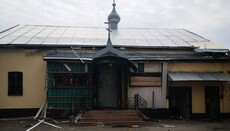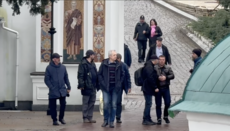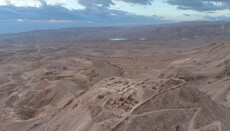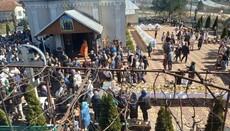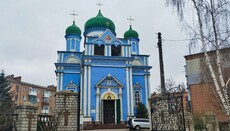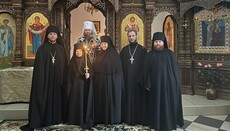UN: National security cannot be a ground for violating believers’ rights
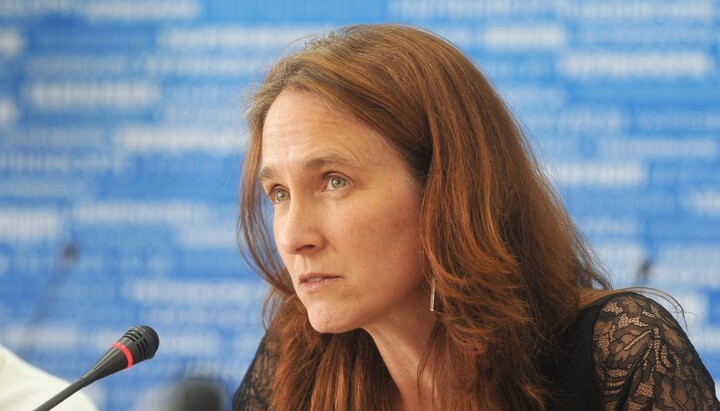
"National security is not a permissible basis for restricting freedom of religion under international and European law," stated Calhoun.
At the press conference "Freedom of Conscience in Ukraine: Its Enemies and Defenders" organized by the State Service for Ethnopolitics and Freedom of Conscience (DESS), Noelle Calhoun, Deputy Head of the UN Human Rights Monitoring Mission in Ukraine, expressed deep concern about potential restrictions on religious freedoms in Ukraine due to new legislation. She emphasized that international standards set a high threshold for such restrictions and that national security cannot serve as justification for violating believers’ rights.
The UN representative stressed that the latest report by the High Commissioner examined the new religious law, No. 3894, solely through the lens of international law, which strictly governs issues of religious freedom.
"International standards set a high threshold for imposing restrictions on freedom of religion. These restrictions must serve a legitimate purpose, such as protecting the rights and freedoms of others. While states can cite national security as a basis for restricting other rights, such as freedom of expression, national security is not a valid basis for restricting freedom of religion under international and European law," Calhoun emphasized.
She noted that the right to freedom of religion is of higher priority than other rights.
"When a state restricts freedom of religion, it bears the burden of proving that the imposed restrictions are necessary," Calhoun said. "Additionally, these restrictions must be proportional. When legislation impacts religious organizations, the state must convincingly demonstrate that less restrictive measures would be insufficient."
Calhoun also highlighted that when analyzing legislation from the perspective of international human rights law, experts closely scrutinize terminology.
"Mr. Yelensky has mentioned the term 'Russian World'… Experts in Geneva are concerned that the law contains broad language that could affect freedom," Calhoun said.
She added that efforts are currently underway to clarify some of these terms.
"The most important question is how this law will impact human rights. Much depends on its future application. We aim to cooperate with you and religious organizations in the coming months as the Cabinet of Ministers develops subordinate acts for the law’s implementation, to continue supporting Ukraine and preserving its valuable tradition of protecting religious rights," concluded the human rights advocate.
Noelle Calhoun, Deputy Head of the UN Human Rights Monitoring Mission in Ukraine, has worked for twenty years with the UN High Commissioner for Refugees in Ukraine, as well as in New York, Geneva, Iraq, Jordan, and Kenya. She holds a PhD in Political Science from Harvard University.
As the UOJ previously reported, Ukraine failed to justify the necessity and proportionality of measures aimed at dissolving religious organizations, including the Ukrainian Orthodox Church. This was stated in the report by the Office of the UN High Commissioner for Human Rights (OHCHR) on the situation in Ukraine from September to November 2024.
